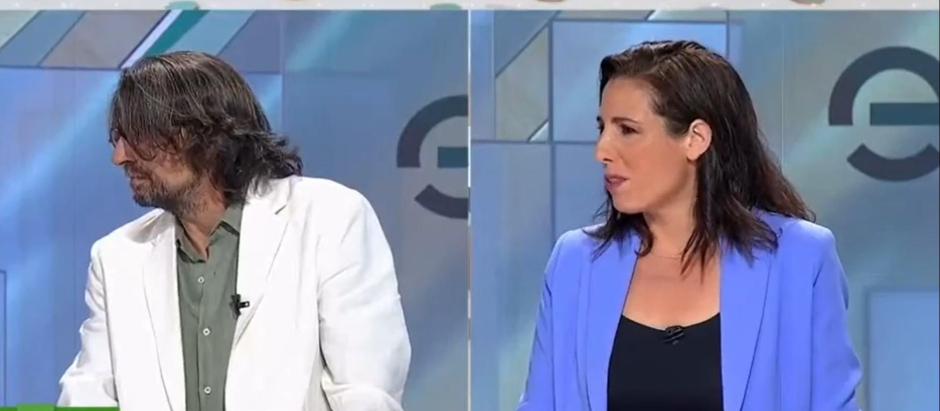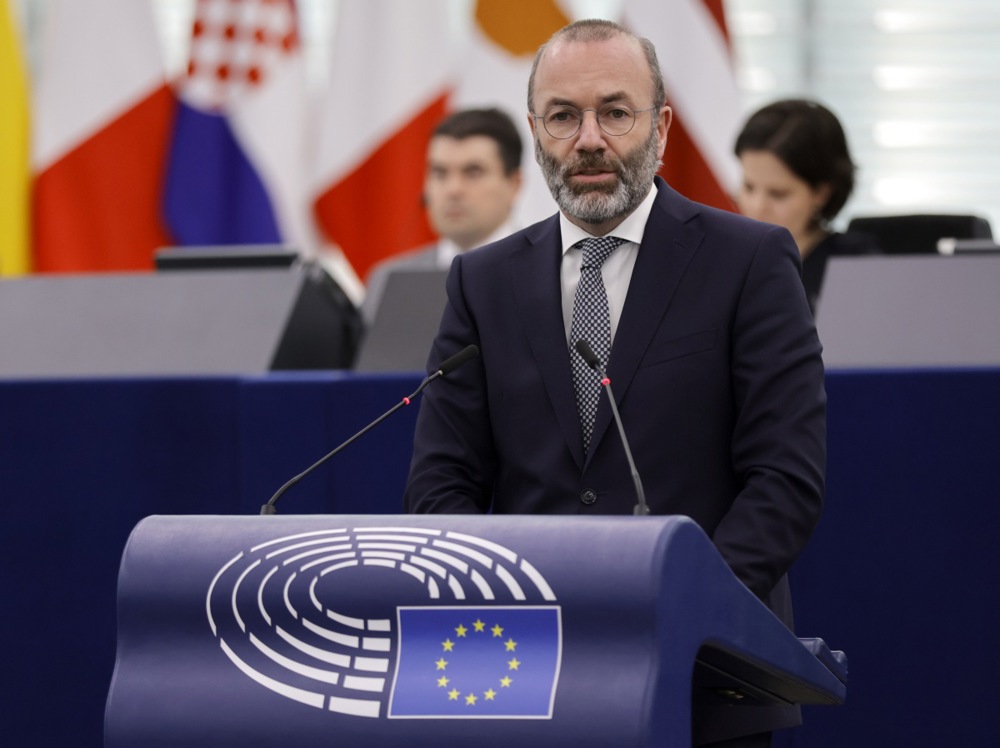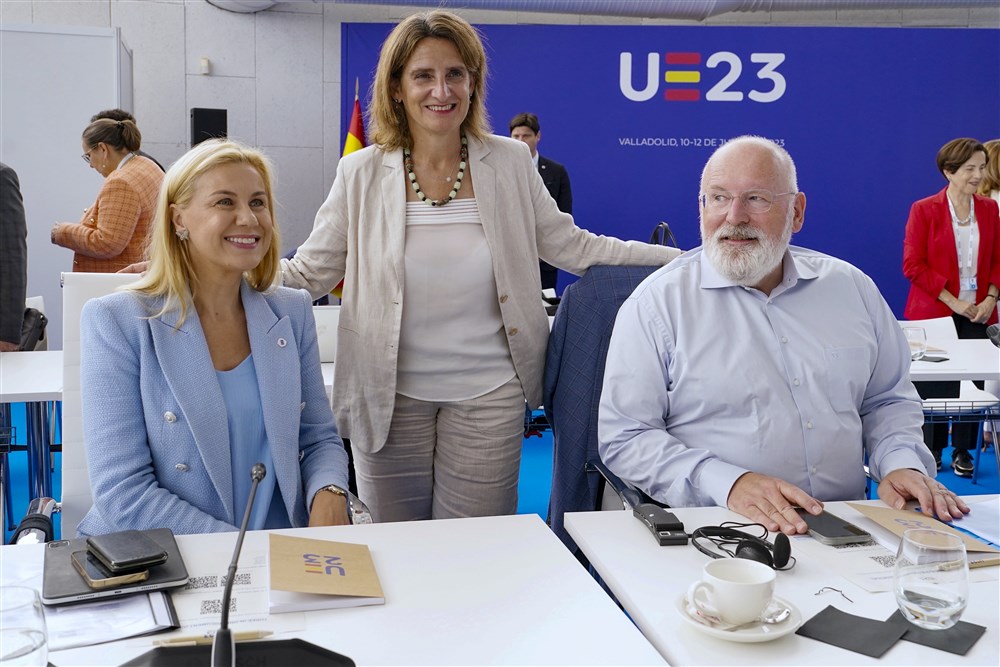The song Zorra, the Spanish entry for the Eurovision Song Contest by the duo Nebulossa, is splitting opinion in Spain.
Feminists have called it “degrading”, Socialists in the Government said they liked it, claiming it “breaks stereotypes”.
Nebulossa, a Valencian electropop group, will be representing Spain in this year’s global song-fest but the tune is dividing the band’s home country.
The title of the song is a give-away to some, as “Zorra” is officially Spanish for a female fox – vixen. It is also a slang expression for “prostitute” or “slut” and in everyday terms its usage generally is considered vulgar and offensive.
In English, the song lyrics include: “I know I’m just a bitch. That my past devours you. I know I’m the black sheep.
“But this is my nature. To change for you makes me lazy. I’m in a good place right now.”
During the performance, male dancers gyrate in what appears to be scanty garments usually associated with female attire.
The song is apparently meant to be a “critique of misogyny and the unfair treatment of women”. If a man is called a “zorro”, though, it usually carries a more positive connotation.
According to the Feminist Movement of Madrid, or La Confluencia Movimiento Feminista, the Spanish Eurovision entry “insults women in a sexist way”.
It wants the song pulled from the contest as, according to their members, using the term “sluts” is a form of “verbal violence against women”.
“Celebrating a term that is used as a weapon of humiliation by sexist aggressors is a form of public ‘revictimisation’,” the feminist group said.
The organisation stated its aim is to achieve the “feminist agenda”. Despite that, it is part of what seems a split within feminism regarding transgenderism.
The group also rallies against “gender self-identification”, as that is seen as “regressive” and, it says, opens the door to prostitution, pornography and surrogacy via a “commodification of the body”.
Other feminist groups, backed by the powers that be in Spain, appear to support the song.
According to Socialist Prime Minister Pedro Sánchez, the piece “challenges” sexist stereotypes.
“It seems to me that feminism is not only just but it can also be fun and this type of provocation must come from culture,” Sánchez said on TV.
“This is real equality between men and women,” he added.
Sánchez used the dispute to mock what he said were the song’s Conservative detractors, including a Spanish bishop who recently told the country’s media that the tune was proof of a “cultural crisis” in Spain.
He also claimed La Confluencia were part if the so-called “fachosphere” – a collective term for the hard-right establishment in France.
Sánchez stated that the Fascist anthem Cara al Sol would have probably been the choice of right-wing critics had Spain chosen to use it in the Eurovision contest.
Laughing, he continued: “But I much prefer these types of songs,” presumably meaning Zorra.
Spain’s equality minister Ana Redondo said: “I think this [Zorra] is a song that breaks the mould, shatters stereotypes and is also massively liked.”
The contest organising body, the European Broadcasting Union (EBU), said the Spanish entry does not violate rules on “causing disrepute to the competition”.
The EBU noted that it “understands that the title of the song … has many meanings”.
“Considering the context of the lyrics and the message … we have concluded that the song is eligible to take part in the competition.”
Zorra has already been played millions of times on Spotify and YouTube.
How it will fare in the Eurovision Song Contest in Malmö, Sweden, on May 7, remains to be seen.





